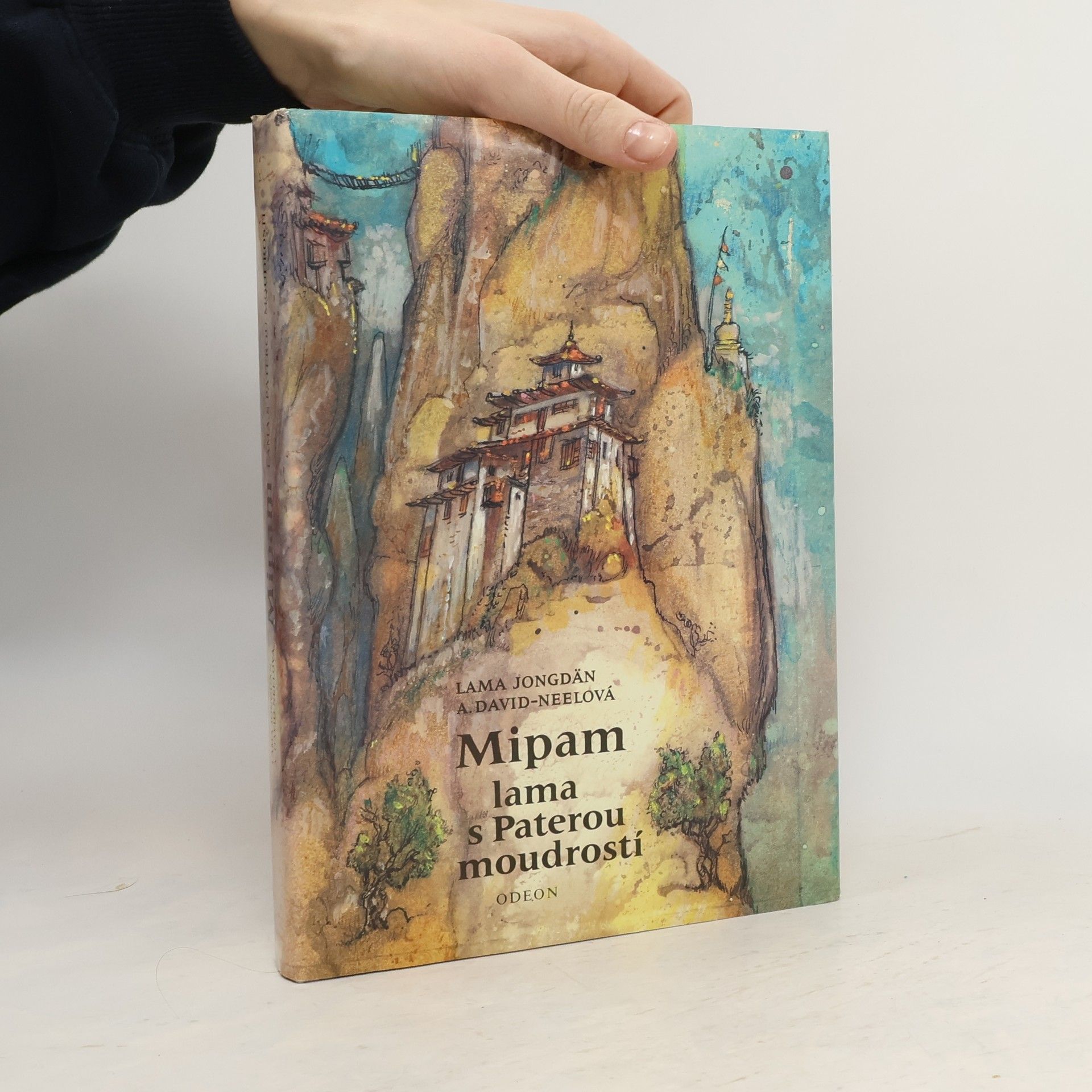This story, drawn from old Tibetan folk tales, has the psychological depth of a western novel. It is a love story woven around the search for the missing reincarnation of a great Lama. Along the way we glimpse a people whose spirituality is as exalted as the Himalayas. There is humor as well, when the hero encounters a bewildering group of Christian missionaries. In the depiction of Chinese culture, and the Chinese merchants of Tibet, there is a foreshadowing of the country’s tragic fate.
Lama Yongden Books







The Secret Oral Teachings in Tibetan Buddhist Sects
- 130 pages
- 5 hours of reading
This is an account of the Madhyamika (Middle Way) school of Buddhism, a method of mediation and enlightenment that was developed by the great Indian teacher Nagarjuna. In a collaboration between the Frenchwoman Alexandra David-Neel and her friend, the Tibetan lama Aphur Yongden, these teaching are presented clearly and elegantly, intended for the layman who seeks a way to practice and experience the realization of oneness with all existence. Alexandra David-Neel was born in 1868 in Paris. In her youth she wrote an incendiary anarchist treatise and was an acclaimed opera singer; then she decided to devote her life to exploration and the study of world religions, including Buddhist philosophy. She traveled extensively to in Central Asia and the Far East, where she learned a number of Asian languages, including Tibetan. In 1914, she met Lama Yongden, who became her adopted son, teacher, and companion. In 1923, at the age of fifty-five, she disguised herself as a pilgrim and journeyed to Tibet, where she was the first European woman to enter Lhasa, which was closed to foreigners at the time. In her late seventies, she settled in the south of France, where she lived until her death at 101 in 1969.
Der naga belohnt Münpa für seine Ergebenheit mit einem wunderschönen, magischen Türkis, das er zuvor verloren hatte. Münpa ist von Erregung überwältigt, als ihm der Talisman überreicht wird, und verliert daraufhin das Bewusstsein.
Kniha popisuje příhody chlapce Mipama. Jeho lásku k přítelkyni z dětství, honbu za bohatstvím, jež mu má umožnit sňatek s ní, ale také jeho myšlenky a úvahy ovlivněné prostředím v němž se ocitá. Jeho cesta je hledáním země, kde všichni žijí v přátelství. Když pochopí, že tato šťastná země neexistuje, umíní si, že bude pomáhat těm, kdo se ji snaží vytvořit. Román o Tibetu a jeho životě, dílo dvou autorů, učeného tibetského lámy a francouzské spisovatelky, cestovatelky a tibetanistky. Vyprávění uvádí nejen do tibetské reality, ale i do tibetské mytologie: seznamuje s prací prostého rolníka, poznáváme tibetské mnohoženství a mnohomužství, život na dvoře tibetského knížete, v čínském pohraničním městě a nakonec i život tibetských klášterů; prostředkuje se nám též mytologický pohled na život, jak jej vidí tibetský člověk.